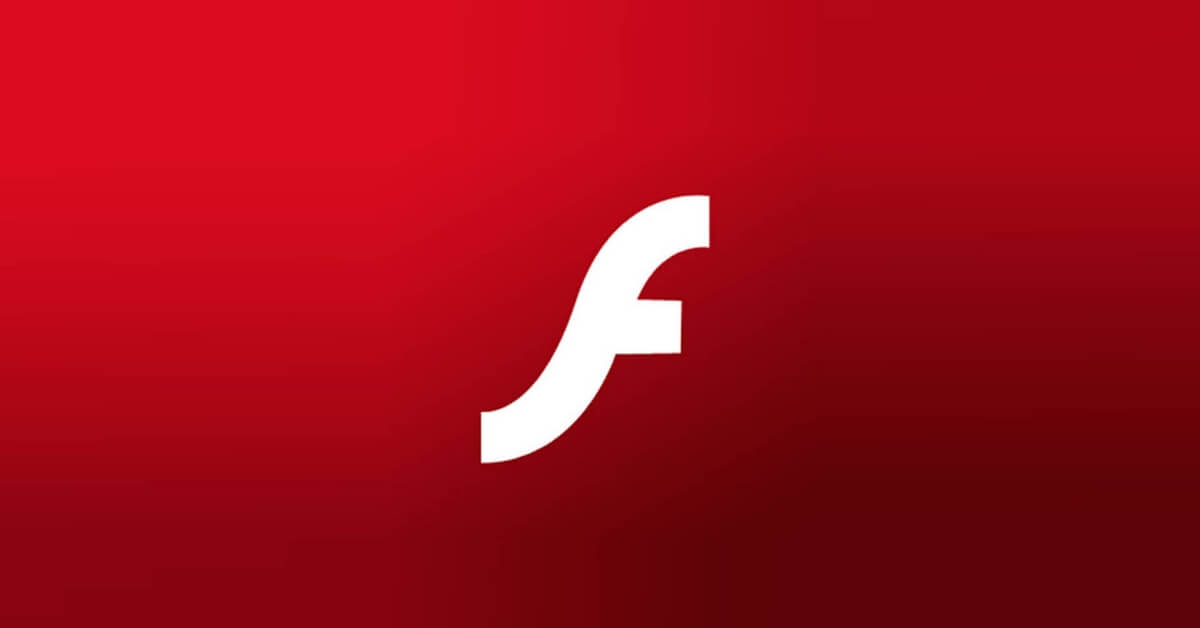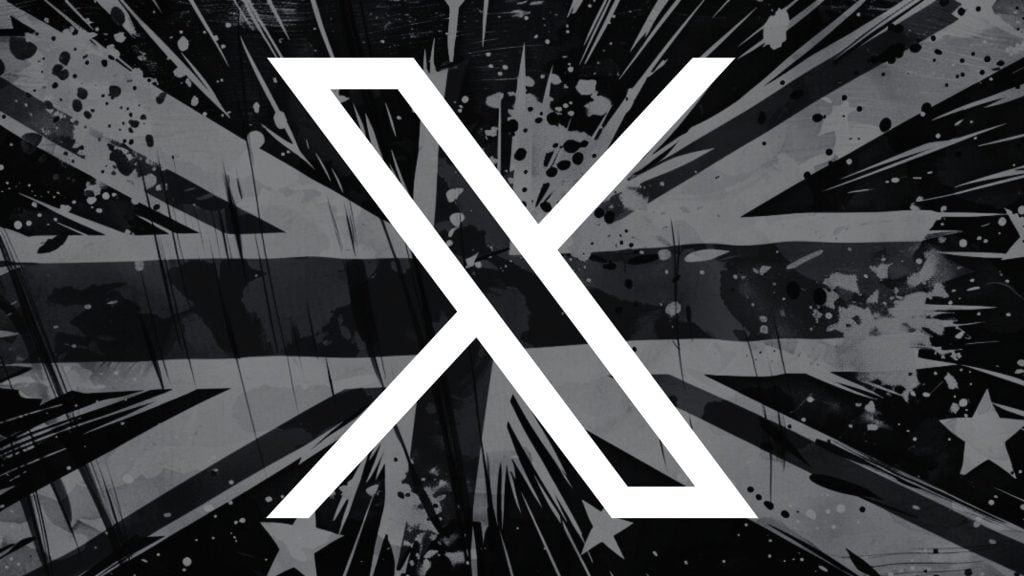Adobe Flash, long an essential part of the web that users and tech companies first came to love, and then could not stop hating – or let go of – may finally be on its way out.
The software platform was used to make animations, desktop and mobile apps, mobile games and embedded browser video players, but is now being replaced by safer, and generally more reliable technology.
Due to its many flaws, Flash was seen by critics as something of a knife lodged in the soft underbelly of the web, but one not safe to remove without jeopardizing the users’ ability to have full access to content and services, ranging from casual gaming all the way to online banking.
However, the reliance on the product, and its relevance have been in sharp decline. There’s data to suggest that Flash is today used by only 3.7 percent of websites.
In 2017, Adobe’s promise was that Flash would be phased out in favor of better solutions by 2020.
But in a blog post, the company actually “set a date”: and it’s April 9.
Adobe’s product was launched in 1996 – and despite growing increasingly cumbersome resource usage-wise, and unsafe due to what seemed an endless stream of critical security holes, it proved resilient in the market.
However, Apple led the way by unceremoniously removing support for Flash from its products; Google came up with its own, built-in version – Pepper Flash Player – used in Chrome, the most popular web browser.
And Firefox decided to work around the problem by making Flash “opt-in” for its users.
In the free and open source software community, Flash added insult to injury by being difficult to install and update on various Linux operating systems, in addition to being closed-sourced and proprietary, and (they might say – “for that reason”) riddled with security problems.
The hope is now that Flash-free, the web will be a leaner and safer place.
If you're tired of censorship and dystopian threats against civil liberties, subscribe to Reclaim The Net.









